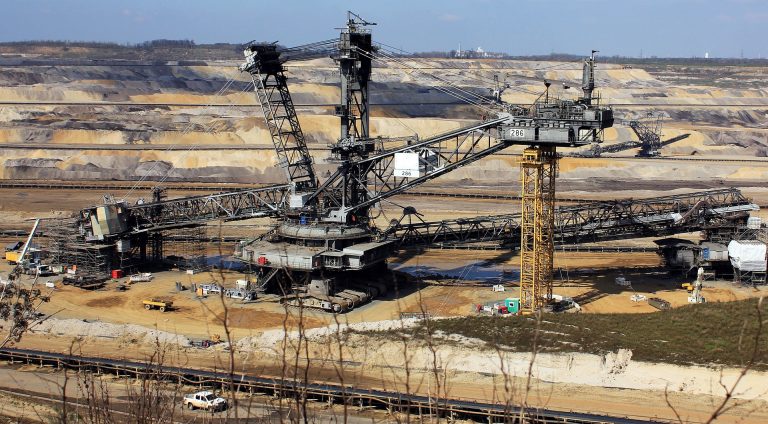China dominates the rare earth elements (REE) market globally and accounts for almost 80 percent of American imports. Rare earths are elements critical in modern technological equipment, including the all-important renewable energy products like wind turbines and electric cars, which the Biden administration is pushing for adoption in the United States. But China’s dominance of the market clearly presents a huge risk to the U.S. One American company plans on stripping away the Chinese hegemony in this sector – UCore Rare Metals.
“It’s a pretty dangerous spot to be in… It’s quite an imbalance, and it’s got to be corrected, or the technology will continue to evolve with control by China,” UCore interim CEO Pat Ryan told the Washington Examiner.
Calling rare earths the “new oil,” he expressed concern about the projected growth of electric vehicle utilization over the next decade, pointing out that if the U.S. fails to secure domestic production of critical minerals, numerous American jobs will be lost to China.
On its website, the company states that its vision is to “disrupt” Chinese dominance in the REE supply chain by setting up an HREE (Heavy REE) processing facility in Alaska, and developing the HREE resource located in the state’s Bokan Mountain.
The Dotson Ridge deposit at Bokan Mountain has an indicated resource of 4.79 million tons, with 31,722 metric tons being total rare earth oxides. In addition, the deposit also contains other critical elements like titanium oxide, beryllium, hafnium, niobium, zirconium, and more.
Success
You are now signed up for our newsletter
Success
Check your email to complete sign up
The processing facility, Alaska Strategic Metals Complex, will be located in the port town of Ketchikan in Southeast Alaska and will use cutting-edge technology to extract critical elements from feedstock supplied by countries allied with the United States.

Once revenue from the operation starts pouring in, the company plans to begin utilizing the nearby Bokan mine, thereby shifting to a completely domestic supply chain, and securing American demand for the REEs.
This strategy of setting up a rare earths separation facility and then integrating a mine is novel for the U.S. The only existing REE mine in the country, MP Materials Corp located in California’s Mountain Pass, operates by extracting feedstock from the mine which it then exports to China for separation, thus making America dependent on the communist nation.
It was during the Trump administration that serious efforts to reduce America’s dependence on rare earths started taking shape. President Biden is moving forward with the plan, but setting up an REE ecosystem in America is proving to be a struggle for many companies. According to some miners, the hassle of businesses getting the required environmental permits from state and federal agencies makes it difficult to even plan out new mines.
According to Gareth Hatch, managing director of UK based Strategic Materials Advisors Ltd, Australia and Canada have far greater expertise in rare earths and other critical minerals than the United States. Since much of the demand is in the U.S, he feels it is better for the three countries to work together for mutual benefits.
“The supply-side response is always so slow compared to demand-side events, so you absolutely have to start now for putting this capacity in place… The red tape associated with development of new minerals or mining projects in the U.S. has been pretty significant,” Hatch told Phys.







